Introduction to Mobile Houses
What are the Pros and Cons of Buying a Mobile House? Mobile or manufactured homes are gaining popularity in pricey areas like California and Silicon Valley as a budget-friendly option. Built in factories and moved to site, modern models offer advanced designs, various sizes, and features that appeal to everyone from retirees to first-time buyers. In 2025, mobile homes are getting renewed attention due to skyrocketing housing prices, limited inventory, and the desire for more flexible living arrangements. But as with any type of property, buying a mobile house comes with both upsides and challenges.
This guide covers the key pros and cons of buying a mobile house, and how to determine if it fits your financial goals and lifestyle needs.
Pros of Buying a Mobile House
1. Affordability
One of the most appealing reasons people turn to mobile homes is their affordability.
- Lower Purchase Price : In comparison to traditional single family homes or condos, mobile homes cost significantly less. The average cost of a new single wide mobile home is about $90,000–$120,000, and even double wide models typically stay under $200,000 well below the median price of a standard home in markets like California.
- Reduced Property Taxes : Since many mobile homes are not permanently affixed to land or are placed in mobile home parks, property tax obligations may be lower than those for traditional homes.
- Lower Maintenance Costs : Mobile homes are often smaller and easier to maintain, which helps reduce ongoing expenses for upkeep, repairs, and utilities.
In areas where the median home price exceeds $1 million, such as the Bay Area, buying a mobile house can be a realistic entry point into homeownership.
2. Flexibility and Mobility
Mobile homes provide a level of flexibility rarely found in traditional real estate.
- Relocation Options : Depending on your arrangement and zoning regulations, some mobile homes can be relocated to different plots or communities, offering a level of geographic freedom.
- Ownership Variety : Buyers can choose between:
- Owning both the home and the land.
- Owning the home only and leasing space in a mobile home park.
- Owning both the home and the land.
- Modular Expansion : Many modern manufactured homes can be upgraded or expanded, allowing owners to add decks, porches, or additional rooms.
- Alternative Living Choices : For those seeking minimalist, off grid, or eco friendly lifestyles, mobile homes can be customized to suit sustainable living goals.
3. Community and Amenities
Many mobile home parks are well maintained communities with shared amenities like:
- Clubhouses
- Pools and gyms
- Community gardens
- Pet-friendly spaces
For seniors or low income families, these communities can foster tight knit social networks, shared services, and a strong sense of safety.
Cons of Buying a Mobile House
1. Depreciation of Value
Unlike traditional homes, mobile homes typically depreciate in value especially if the home is not attached to land you own.
- Personal Property Depreciation : Mobile homes not classified as real estate are treated like vehicles in many cases and lose value over time.
- Land Lease Impacts : If your mobile home is located in a leased park or land, you don’t benefit from land appreciation, which limits your investment growth potential.
- Market Stigma : In some areas, mobile homes are viewed as less desirable by buyers and lenders, which can affect resale value and time on market.
While the home itself may not increase in value, owning the land underneath can offset this drawback significantly.
2. Limited Financing Options
Getting a mortgage for a mobile house can be more complex than for a traditional home.
- Loan Type : Many mobile homes qualify only for chattel loans, which have:
- Shorter terms
- Higher interest rates
- More restrictive qualification criteria
- Shorter terms
- FHA and VA Limits : While the Federal Housing Administration and Veterans Affairs offer loans for mobile homes, these often come with strict eligibility and land ownership requirements.
- Appraisal Challenges : Valuing a mobile home for financing or resale purposes can be difficult due to:
- Age and condition
- Lack of comparable sales
- Location-based stigma
- Age and condition
3. Durability and Weather Risks
Although modern manufactured homes are built to stringent HUD safety codes, they may still face:
- Shorter Lifespan : The average life expectancy of a mobile home is about 30–55 years, depending on build quality and maintenance.
- Weather Vulnerability : Mobile homes are more susceptible to damage from:
- Earthquakes
- High winds or storms
- Flooding
- Earthquakes
- Zoning Restrictions : Some cities and counties place limits on where mobile homes can be placed or permanently installed.
Where to Buy a Mobile Home in California/Silicon Valley
Mobile homes can be found in several communities across the Bay Area, with pricing and conditions varying dramatically:
Popular Areas:
- San Jose : One of the largest concentrations of mobile homes in the Bay Area, with communities like Westwinds, Millpond, and Sunset Estates.
- Morgan Hill & Gilroy : More affordable land options with rural appeal.
- Fremont & Hayward : Close to tech hubs with well-managed parks.
- Santa Clara County : A range of senior and all-age parks offer convenient access to major employers.
Before buying, always research:
- Park rules and lease agreements
- HOA fees
- Rent control ordinances
- Utility metering and maintenance obligations
Conclusion
Buying a mobile house in 2025 offers a unique mix of affordability, flexibility, and lifestyle customization, especially for buyers priced out of the traditional housing market. For those seeking an accessible path to homeownership or a simpler, community based lifestyle, mobile homes can offer genuine advantages.
However, it’s crucial to consider the long term financial implications, including limited appreciation, financing challenges, and zoning restrictions. As with any real estate investment, the key is understanding your personal goals, doing your research, and working with a knowledgeable real estate agent or mobile home specialist.
So, is a mobile house right for you? If your priorities are affordability, location flexibility, and lower maintenance without necessarily needing long term appreciation it could be a smart move. If equity building and land value are top goals, you may want to explore other housing types or ensure the mobile home comes with land ownership.

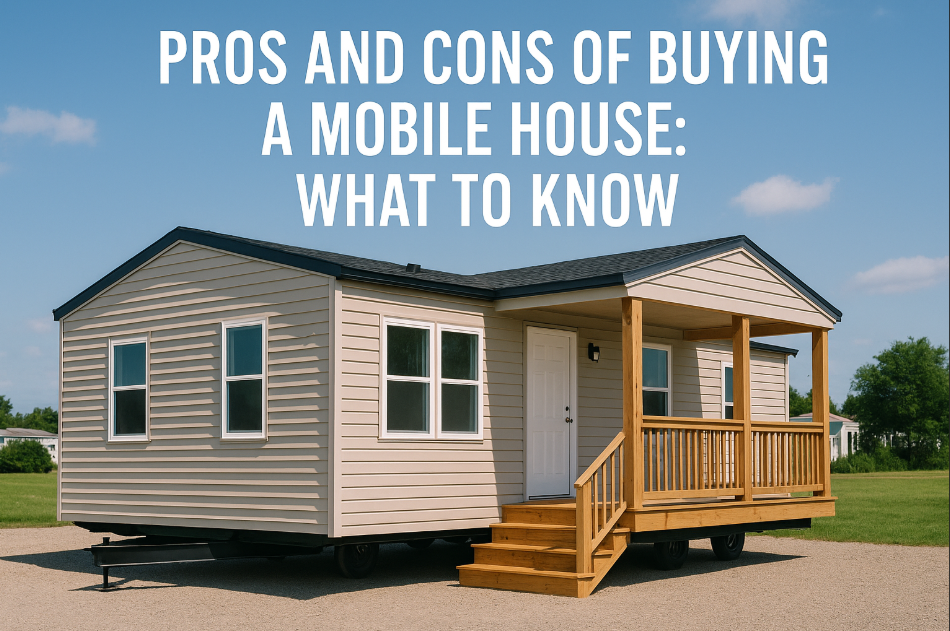

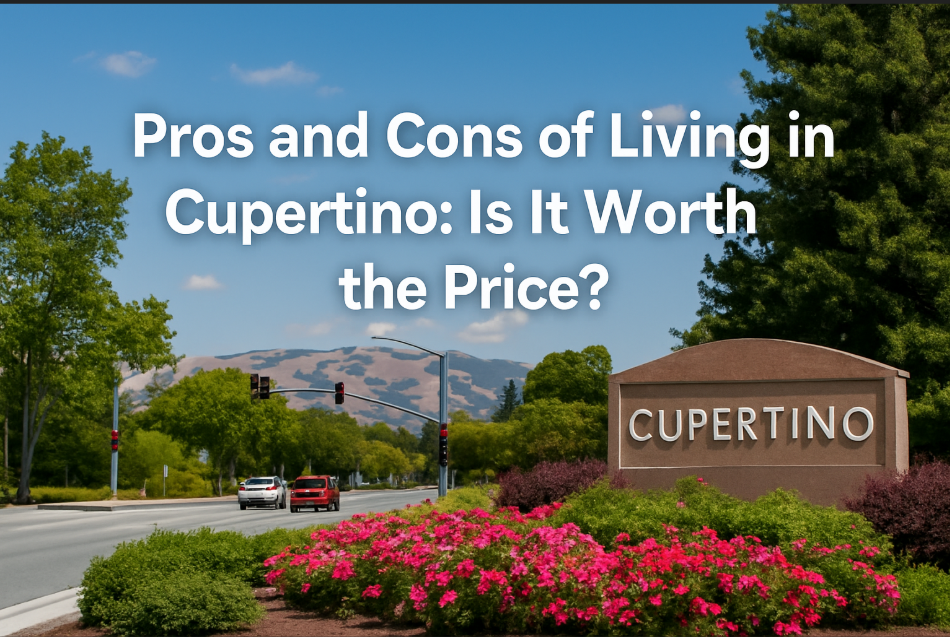
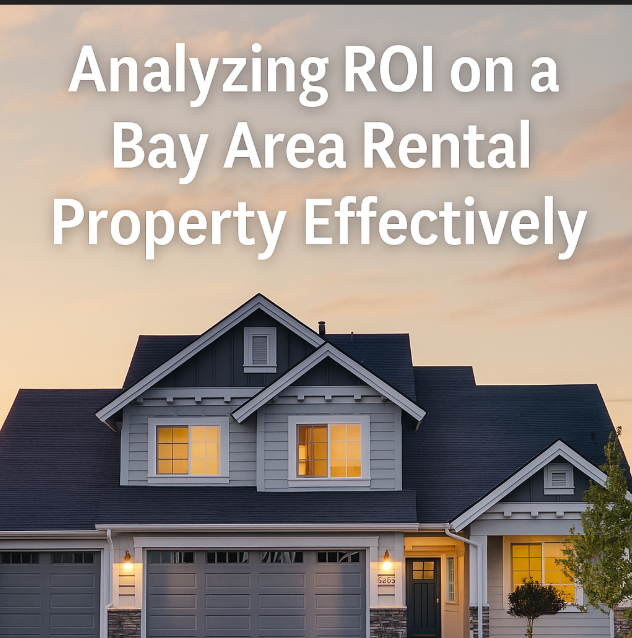
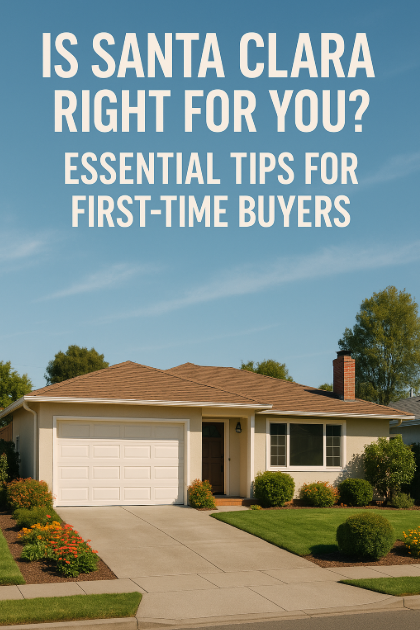
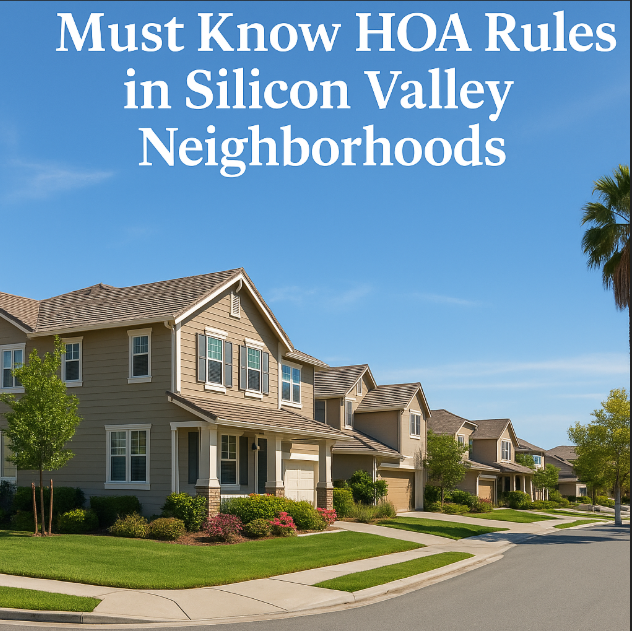

Leave a Reply